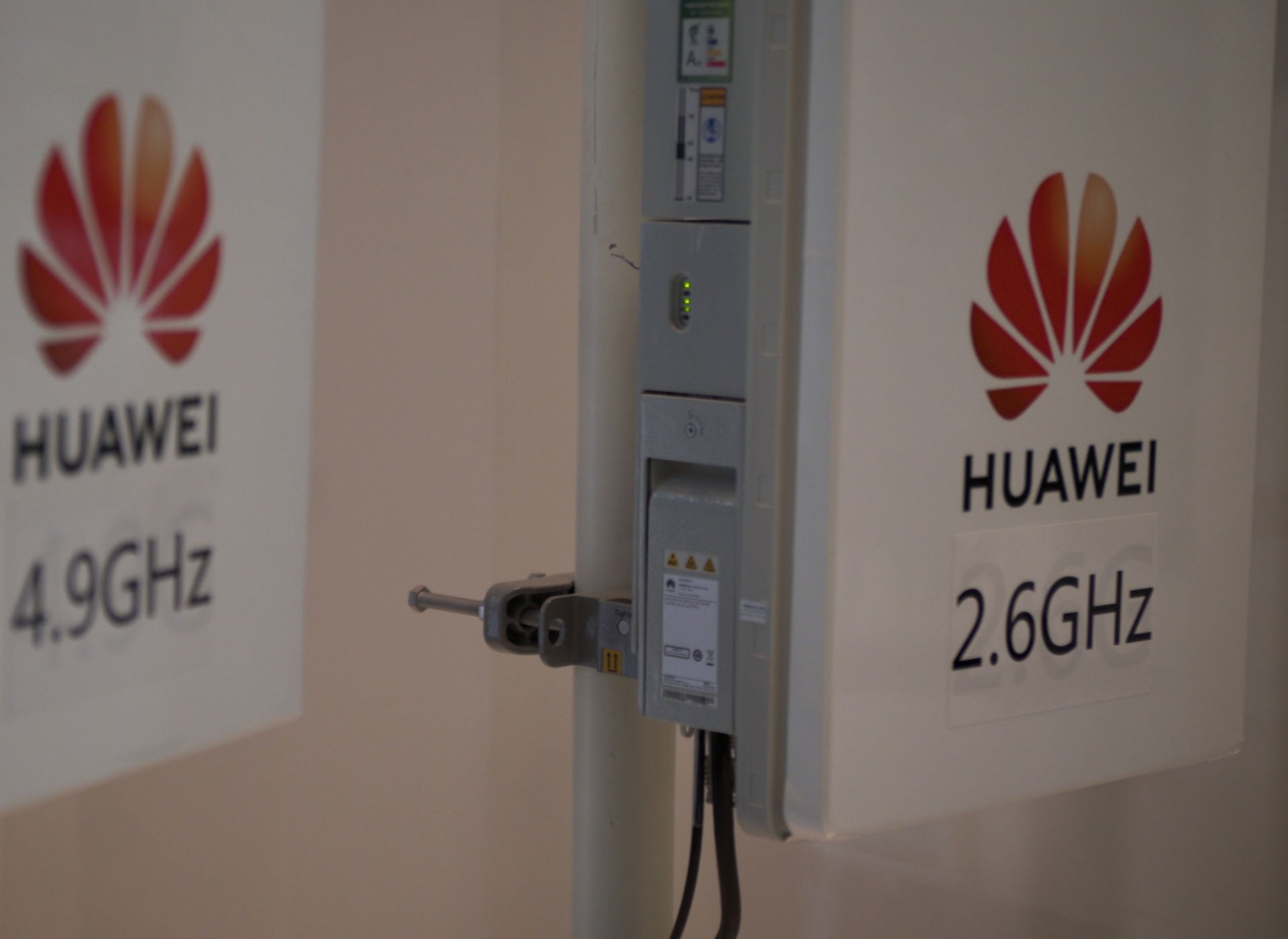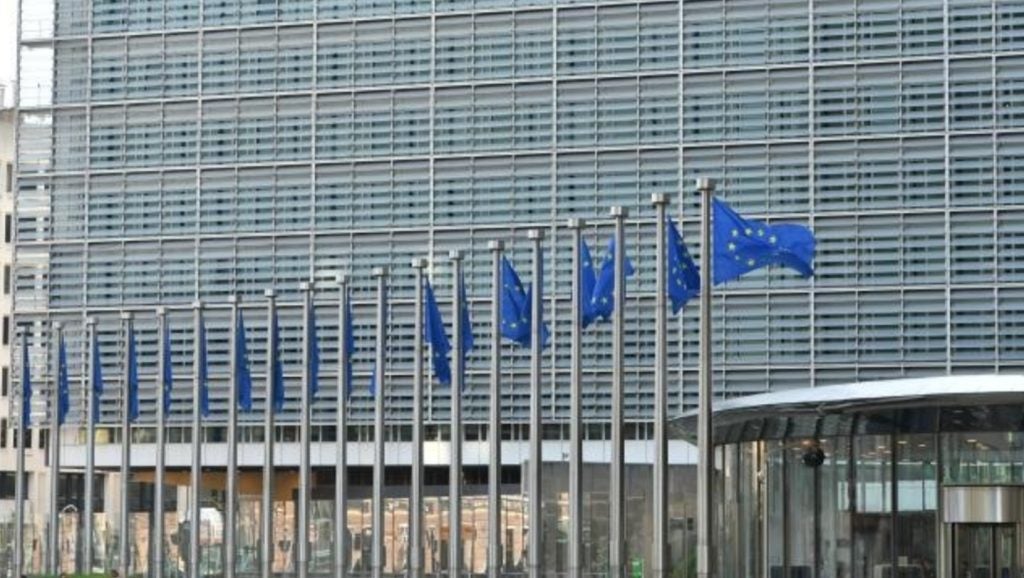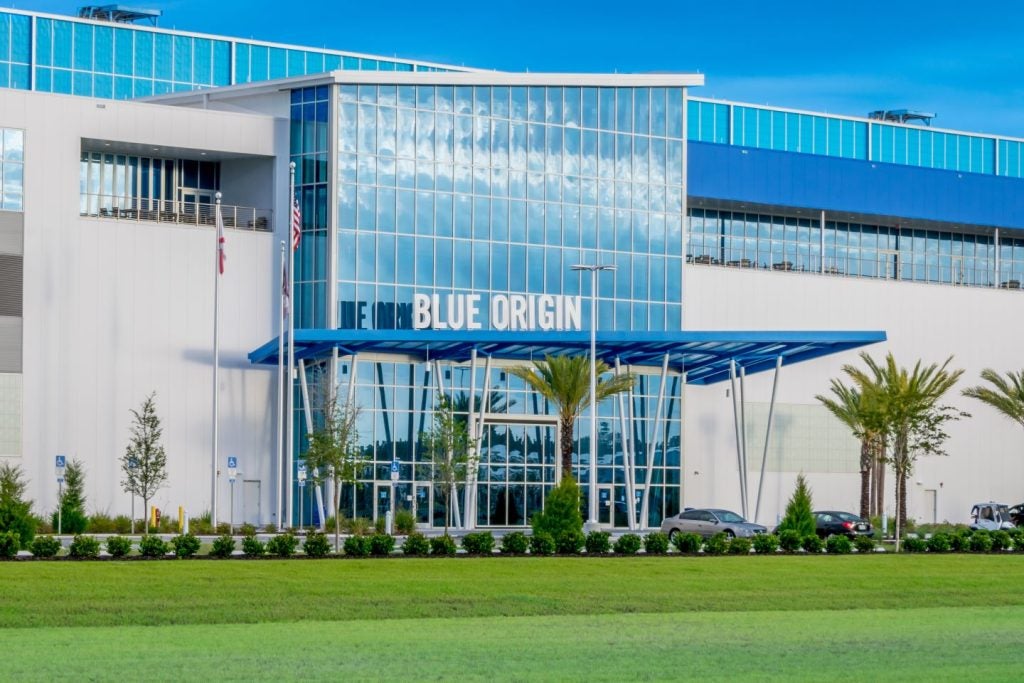
The UK government has given the green light for telecoms firms to use Huawei technology in “non-core” parts of the country’s 5G networks.
This means that while the Chinese tech giant’s infrastructure will be allowed in some parts of UK 5G infrastructure, it will not be permitted to be used in sensitive parts of the network.
Under the decision, Huawei will not be permitted to be used for more than 35% of the “non-core” infrastructure.
Huawei has welcomed the decision.
“Huawei is reassured by the UK government’s confirmation that we can continue working with our customers to keep the 5G roll-out on track,” said Victor Zhang, vice president of Huawei.
“This evidence-based decision will result in a more advanced, more secure and more cost-effective telecoms infrastructure that is fit for the future. It gives the UK access to world-leading technology and ensures a competitive market.”

US Tariffs are shifting - will you react or anticipate?
Don’t let policy changes catch you off guard. Stay proactive with real-time data and expert analysis.
By GlobalDataThe decision goes against fierce lobbying from the US, which says Huawei is a national security threat and blacklisted the Chinese tech firm last year.
Critics of Huawei say the firm poses a security threat because of its close ties with the Chinese government.
But the UK’s National Security Council has long insisted any risk could be managed by keeping Huawei technology segmented. Huawei’s 5G technology is also cheaper than that of its rivals – largely because of Chinese state subsidies – and its technology is widely considered to be superior.
Huawei denies any allegations of espionage and there has been no hard evidence that the company has created any backdoors that would allow China to spy on the UK.
Government plans legislation to tighten 5G security
As part of the announcement, which is now being put to parliament, the Government has announced plans to introduce new legislation to ensure the security of its 5G networks.
“The Government intends to bring forward legislation, at the earliest opportunity, to limit and control the presence of high risk vendors in UK networks, and to be able to respond appropriately as technology changes,” wrote Baroness Nicky Morgan, in a written statement to the House of Lords.
She also rejected US concerns that the inclusion of Huawei in UK 5G infrastructure would jeopardise the country’s role in the Five Eyes intelligence sharing community.
“Nothing in the Review’s conclusions affects this country’s ability to share highly sensitive intelligence data over highly secure networks, both within the UK and with our partners, including the Five Eyes,” she wrote.
“GCHQ have categorically confirmed that how the UK constructs its 5G and full fibre public telecoms networks has nothing to do with how the Government shares classified data.”
Huawei seen as key for UK 5G rollout
Work on the UK’s next-generation cellular network is already underway, with 5G rolled out in some areas around the country last year. Four telecoms providers – Three, EE, O2, Vodafone and EE (a subsidiary of BT) – are creating 5G networks.
All have already used Huawei technology to varying degrees in their 5G networks, as well within as 3G and 4G infrastructure. This prompted fears that a ban would force telecoms firms to strip out existing Huawei tech at great cost, with Vodafone CTO Scott Petty previously warning a ban would “very significantly” slow down the UK’s 5G rollout.
Writing in an op-ed for Verdict, former GCHQ intelligence officer Malcolm Taylor said the government made the “right decision” on Huawei.
The decision is likely to draw anger from the Trump administration, which had threatened to limit intelligence sharing with the UK should it allow Huawei to continue being used in its cellular networks.
MI5 chief dismissed Sir Andrew Parker dismissed these fears.
Trading relations with the US is also likely to have weighed on the UK’s decision as the country looks to forge a new path post-Brexit.
Since 2010, British intelligence agencies have closely monitored Huawei technology at the so-called ‘Cell’ located in Banbury.
Read more: Huawei 5G in the UK: Public divided over trustworthiness of Chinese tech giant







